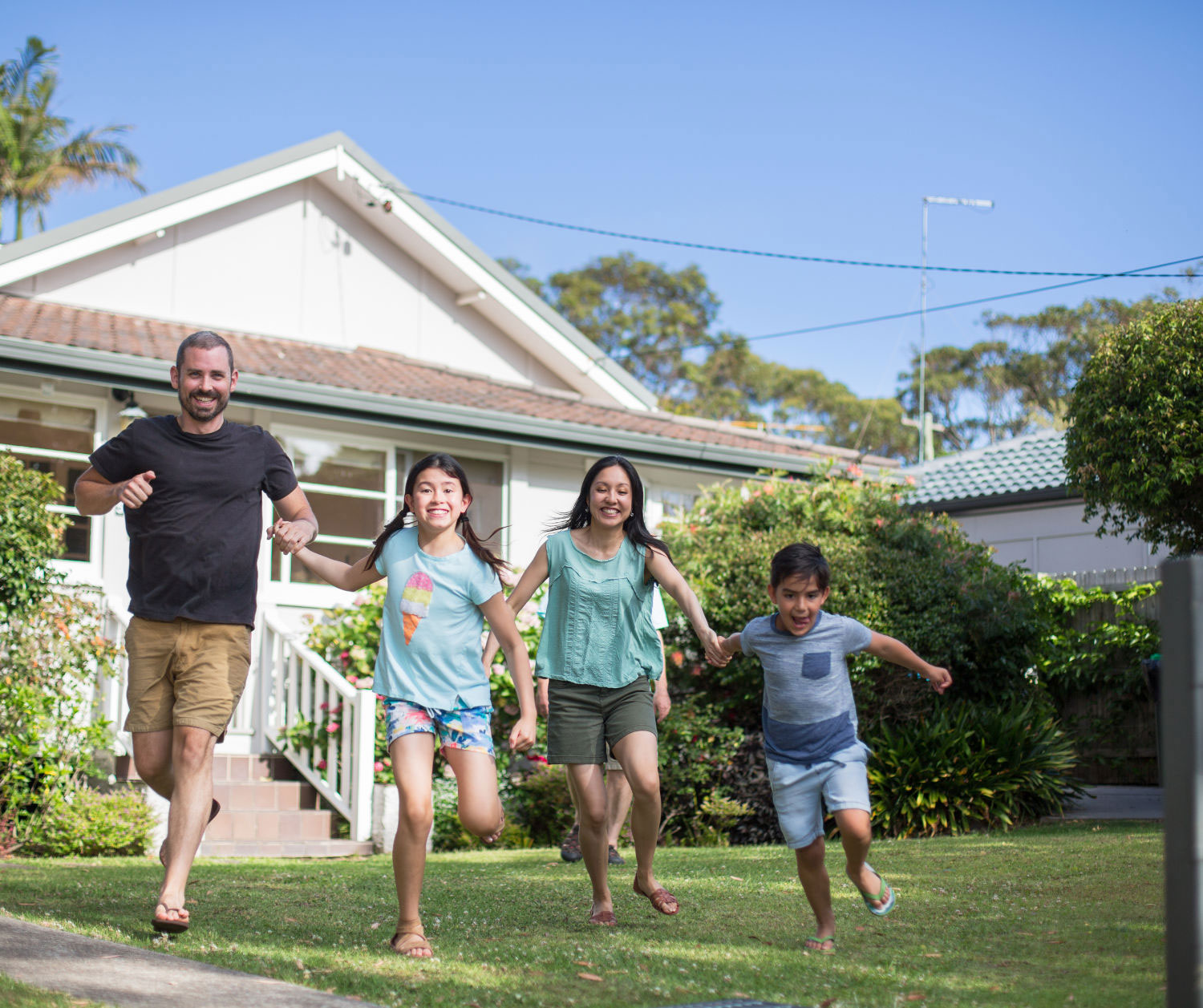What is long-term foster care?

If, after two years in temporary foster care, children and young people still can’t return home, they’ll be placed in long-term foster care. Long-term foster carers provide a stable and loving home where children can develop positive and lasting relationships. A child can remain in a long-term placement until they are 21 years of age and start adulthood, or until they can be reunited with their birth families (if the court decides that it is in their best interest). Long-term placements aim to give children a sense of security, belonging and wellbeing.
Hear from our long-term foster carers
Nicole and Meg’s story:
“Fostering is a good learning curve for all of us. We have all learnt new skills and grown from the experience. My advice to new carers is to have compassion for yourself as well as for the child/ren in your care. Our Case Practitioner at Anglicare Southern Queensland and our Child Safety Officer are also there for us when we need guidance.”
Neville’s story:
“We decided to become full-time foster carers after learning more about the statistics of young people who are living in out of home care. Once realising the vast number of young people in need of support, we knew we had to do more. There is a never-ending need for foster care in Queensland. “
Why do children need long-term foster care?
Children who need long-term care often face complex and difficult circumstances in their families. Many of them have experienced neglect, trauma or abuse from their birth parents or other caregivers. If these conditions are ongoing, and attempts to improve the at-home situation have failed, long-term foster care may be explored.
Long-term foster care occurs when the court decides that it’s not safe for foster children to return to their biological families. This does not mean they lose all contact with their birth parents or that they will never go back home. Some children may reunite with their biological families after a long period of time in foster care, if the court determines that it is in their best interest. However, other children may stay in long-term care until they reach adulthood.
We’re in this together
As a foster or kinship carer with You Be You, you’ll never be alone. All our carers have a dedicated caseworker who will provide the support you need to care for your foster child. You will also join a wider community of You Be You carers in Queensland who share your passion and commitment.
The You Be You team provides extensive support, such as ongoing training programs, resources and access to wider community groups. We know that foster care can be challenging and rewarding at the same time. That’s why we offer 24/7 phone support for you to reach out to us whenever you need someone to talk to.
What’s the difference between long-term foster care and adoption?
- Foster care is temporary and aims to reunite the child or young person with their birth family, while adoption is permanent and transfers all parental rights and responsibilities to the adoptive parents.
- Foster care is flexible and can last for a few days or several years, up to adulthood, while adoption is final, for the child’s life and cannot be reversed.
- Foster care is supported by a team of caseworkers, foster care agencies and birth parents, while adoption is independent and does not involve ongoing support from the state.
- Foster care is subsidised by an allowance that covers the expenses of the child, while adoption is self-funded by the adoptive parents.

Financial support for long-term foster parents
If the child is placed in care via court order, both foster and kinship carers are eligible for a fortnightly payment. This carer allowance is designed to cover everyday items such as food, household provisions, gifts and pocket money. As of January 2023, kinship carers in Queensland are paid a base allowance between $525.56 and $664.16 per fortnight*. When you first become a foster carer, you’ll be eligible for an establishment allowance, which is designed to cover one-off purchases like clothes and school equipment.
The amount of financial support you receive depends on the age of the child or young person in your care, with kinship care allowances also increasing annually in line with inflation. If the child in your care requires complex support or has a disability or medical condition, you may be eligible for additional compensation for the costs associated with a higher level of child support.
We’ve answered the most common foster care question
